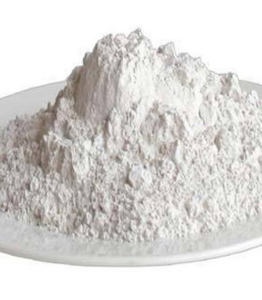Ground Granulated Blast Furnace Slag (GGBFS) is a byproduct of the iron and steel industry, produced by rapidly cooling molten blast furnace slag with water or air. This process forms a glassy, granular material that is then dried and ground into a fine powder.
Key Properties of GGBFS:
- Cementitious Nature: GGBFS exhibits excellent binding properties, making it an effective supplementary cementitious material (SCM).
- Improved Strength & Durability: Enhances concrete’s long-term strength, resistance to sulfate attack, and reduced permeability.
- Environmental Benefits: A sustainable material that reduces CO₂ emissions by replacing a portion of Portland cement in concrete production.
- Thermal Resistance: Lowers the heat of hydration in concrete, minimizing the risk of thermal cracking.
Applications of GGBFS:
- Concrete Production: Used as a partial replacement for Portland cement, improving durability and workability.
- Precast & Ready-Mix Concrete: Enhances structural integrity and longevity in construction projects.
- Road & Bridge Construction: Provides improved resistance to chemicals and harsh environmental conditions.
- Soil Stabilization: Used to strengthen and stabilize soft soils in geotechnical applications.
- Marine & Underground Structures: Improves sulfate and chloride resistance, making it ideal for coastal and underground construction.

Advantages of Using GGBFS:
✔ Enhances the durability and strength of concrete.
✔ Reduces the carbon footprint of cement production.
✔ Improves resistance to aggressive chemicals and harsh environments.
✔ Minimizes thermal cracking in large concrete structures.
✔ Increases long-term sustainability in construction.
GGBFS is a key material in modern construction, offering both performance and environmental benefits.
